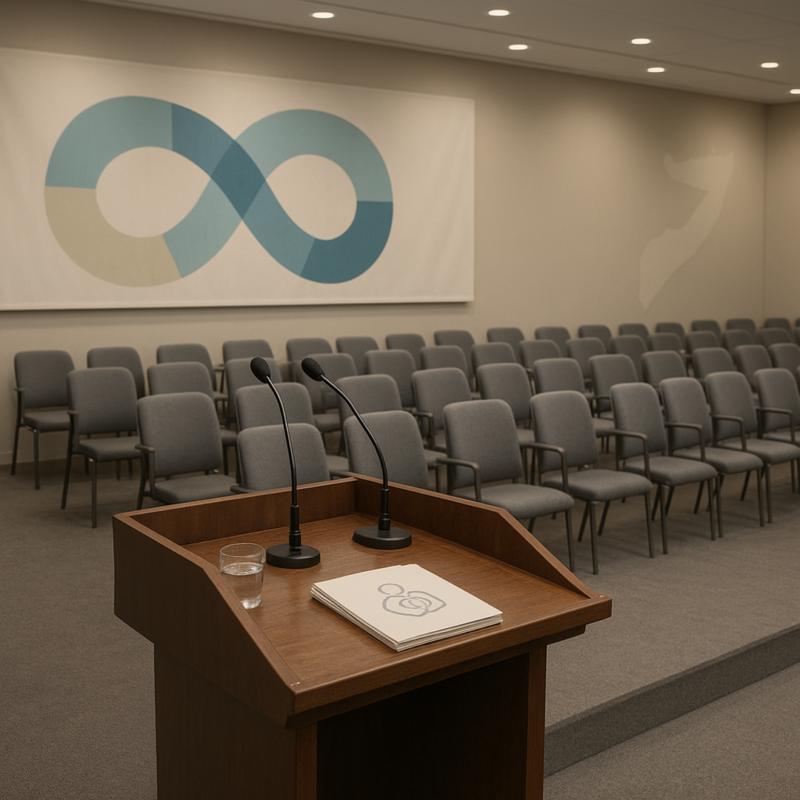Geneva, Switzerland — The National Union of Somali Journalists (NUSOJ) has issued a strong warning at the 60th session of the United Nations Human Rights Council (UNHRC), highlighting persistent and grave threats facing media freedom in Somalia.
Speaking before the Council in Geneva, NUSOJ representatives acknowledged that Somalia has made certain advances in human rights protection and institutional reform. However, they stressed that the progress remains fragile and uneven—particularly for journalists, who continue to face intimidation, arbitrary arrests, censorship, and violence in the line of duty.
“Despite commitments by Somali authorities to protect freedom of expression, media professionals continue to operate under fear,” NUSOJ told the Council, noting that government agencies, regional administrations, and armed groups have all contributed to a climate of repression.
The union pointed to increasing cases of journalists being detained for critical reporting, restrictions on access to public information, and the misuse of outdated criminal defamation laws. NUSOJ also cited targeted attacks against media houses and digital surveillance of reporters as major impediments to free and independent journalism.
The organization urged the Federal Government of Somalia to take concrete actions to end impunity for crimes against journalists and to reform restrictive media laws in line with international human rights standards. It also called on the international community, including UN member states, to maintain pressure and support initiatives that strengthen the safety and independence of Somali journalists.
Somalia remains one of the most challenging environments in the world for media practitioners, according to press freedom monitors. While efforts by the government and civil society to enhance legal protections are ongoing, NUSOJ’s intervention at the UNHRC underscores the urgent need for genuine reforms to ensure that the Somali media can operate without fear or interference.



